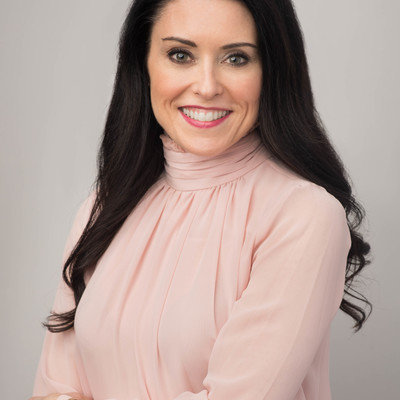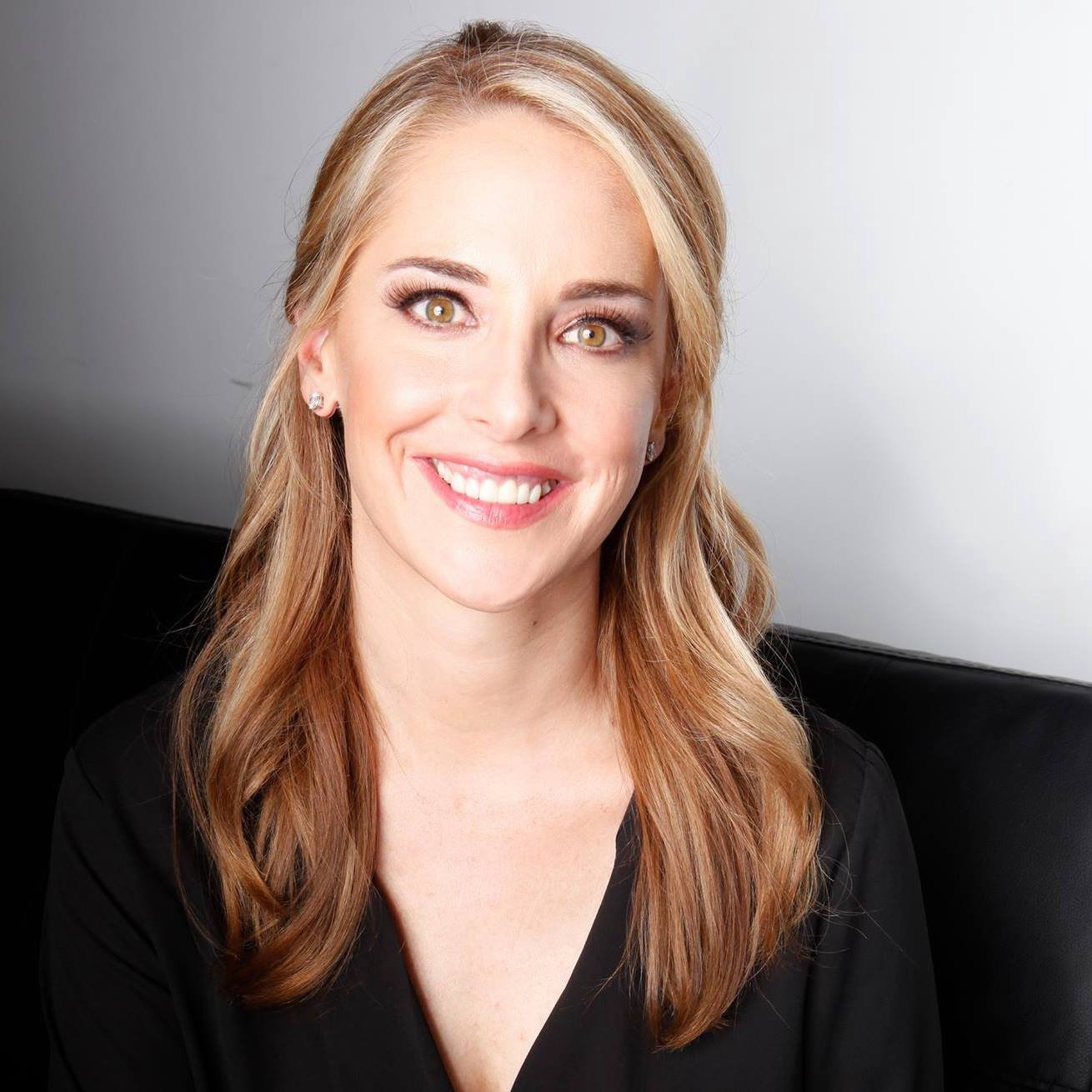I would encourage and challenge other authors to write with that level of acceptance that allows you to be vulnerable enough to allow the readers to feel you through the pages.
Aspart of my series on the “5 Things You Need To Know To Write A Bestselling Book” I had the pleasure of interviewing Dr. Lisa Strohman.
Dr. Lisa Strohman, psychologist, attorney, author, and mother established Digital Citizen Academy to help keep families safe from online dangers. Her background working as a visiting scholar with the profiling unit at the FBI during one of the most tragic school shootings in the US helped create her passion to help proactively prevent and educate students, educators and parents on issues related to technology.
Thank you so much for joining us! Can you share a story about what brought you to this particular career path?
The journey wasn’t intended or direct but one that was created out of necessity. Having a private practice working with teens and families for over a decade, it became apparent the massive impact technology, specifically, the smartphone, was having on emotional, interpersonal, and behavioral characteristics. With limited hours between a commitment to my own children and my clients, authoring the book was my effort in sharing the knowledge that I have on a more global platform.
What was (so far) the most exhilarating or fulfilling experience you’ve had as an author?
The most empowering point was that I was not only impacting people within my own community and the United States, but also internationally. I was contacted by other experts from other countries in collaboration on the global issue of technology addiction. One of my most fulfilling experiences was being contacted by a graduate student from Australia who had found my information and was, seeking me out as a mentor online. Ultimately, this led to an international collaboration combining the knowledge of an expert and a burgeoning specialist from these two countries.
What was the craziest, weirdest, wildest experience you’ve had as a bestselling author?
One of the craziest, inspiring and unexpected stories I can recall was during a church event for approximately 1000 people. I was strongly encouraged to bring 500 copies of my book to this event. However, knowing live audiences typically don’t purchase more than 25% of the time, I opted to bring only 250 copies. This was more about trying to save my back and heavy lifting. To my surprise, the third person who stepped forward to the author’s table ask to purchase every remaining copy on hand, stranding the rest of the line.
What is the greatest part about being a successful, bestselling author? What is the worst (if anything) part?
I’m not sure if I qualify this the best or the worst, but having this much success with this particular topic has brought some of the most painful and also inspiring stories that the world of technology and its addiction has ever experienced. During my first Ted talk, I had someone from the audience approach me after and ask me what I was going to do when the tech industry came after me. I was put back, to say the least, and managed to respond by saying that I would welcome an honest and ethical conversation about what they were doing to a generation of children. The individual laughed and said, “Be careful what you wish for.” At this point I realized that my messaging about this being a duplicate process from the Tobacco industry’s playbook and that they know and knew exactly what they were doing was verified. There is some fear in being on the bleeding edge and being a loud voice to call into question the ethical and moral challenges they are facing.
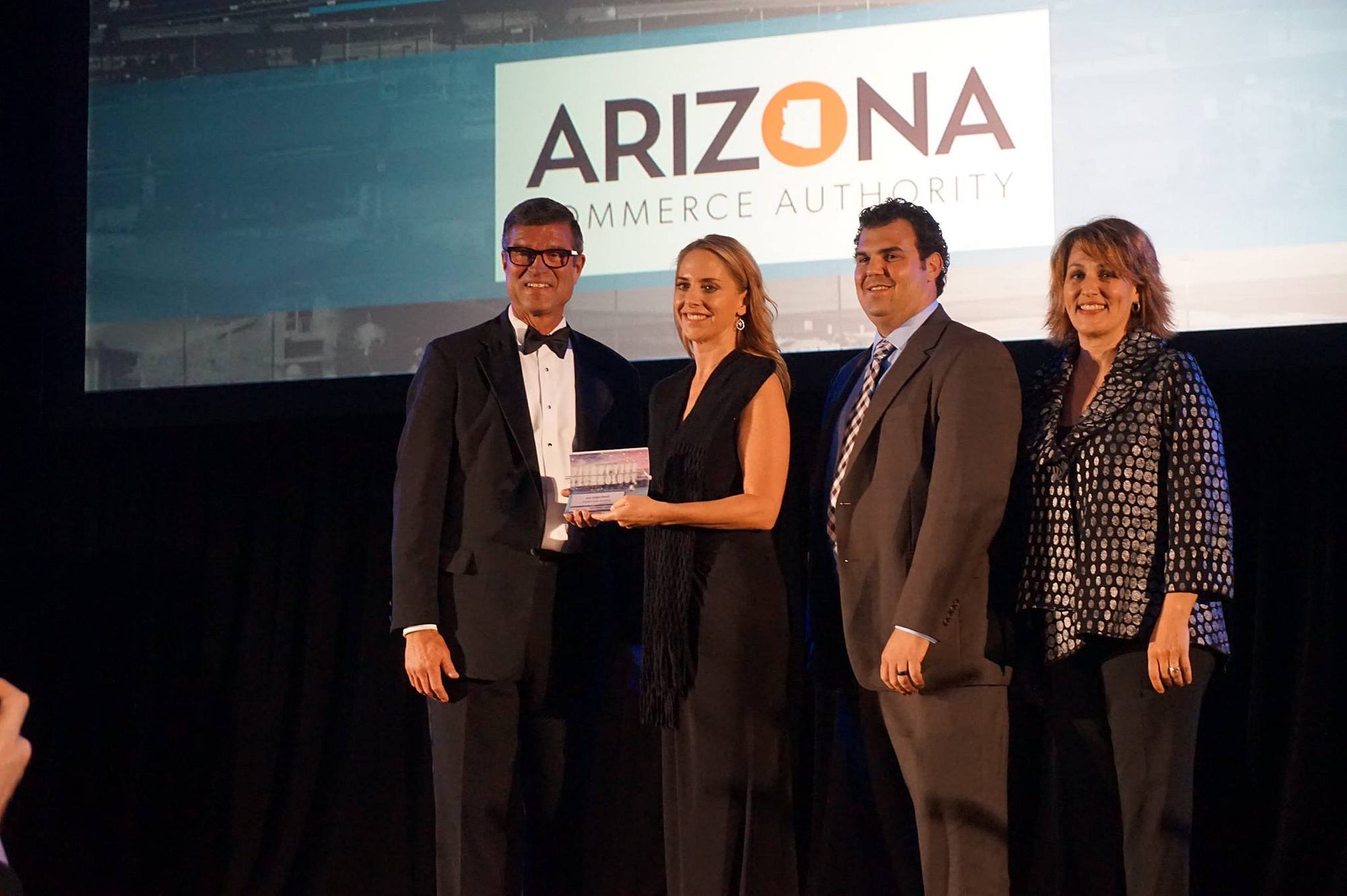
What is the one habit you believe contributed the most to you becoming a bestselling writer?
My habit of taking on social causes that has a vulnerable population without stewardship is the main reason for my success in this area. I had a young girl, who was 12 at the time, who was self harming and suicidal in 2009. The recession had been particularly hard on her parents, she was home alone much of the afternoons with her parents working and she got caught up in the relatively new world of social media at that time. She began a relationship with someone that gave her attention and support (initially) and then after they had been “together” for a week or so, he convinced her to send a naked picture of herself to him. Once that photo had been sent the relationship changed into what I can only describe as a “slave-master” relationship. She became a slave to his every demand and was daily being forced into doing things that no child should ever be faced with. I met her after a few attempts of taking her life and had never told a soul about this issue. Within months I had three more cases with similar stories and it was not something I could ignore. Writing this first book was an effort to help more than I could reach within my clinical practice. My determination and perseverance has always been for the benefit of those that cannot help themselves.
Which writer or leader has had the biggest impact on you as a writer?
I would have to say that as a child I had read Mayo Angelou’s Why the Caged Bird Singsand the storyline resonated due to the parallels in my own life. Her ability to describe the emotional challenges of growing up poor, abused and unwanted as an author was so impactful as I could relate to that pain on such a visceral level. It truly inspired me in my heart to look and to protect others in need throughout my life and still today.
What was the biggest challenge you faced in your journey to becoming a bestselling author? How did you overcome it?
I would say that working in the area of technology and ascribing to the belief that we should own technology as a tool but not let technology run our lives has impacted my ability to ‘connect’ with the audience who are most is in need of my writing. My audience is predominantly mothers that utilize social media at one of the highest rates of any cohort, but for years I worked hard to be an example of success without having used any social media. It became apparent at one point when I had a young mother come up to me and explain how difficult it was for her having postpartum depression and being home alone all day with her baby, and how much harder if would have been to not to have a connection with other moms. Her life, and what saved her life, was her ability to connect through social media with other moms that understood her struggle. It inspired me to work on having a balance and be an example of how we can work to have impact without losing control over the participation.
What challenge or failure did you learn the most from in your writing career? What lesson(s) did you learn?
The biggest challenge in my work was finding the balance of providing information that an audience can use, and not being so specific that it wouldn’t apply broadly. It is difficult not to write like a doctor to my patients and instead write at a level of trying to be helpful and not excluding. Or not to provide a level of detail that will make readers feel so overwhelmed. I learned that my parent friends and community groups are supportive and willing to provide feedback when you are ready, and that this level of insight is sometimes invaluable.
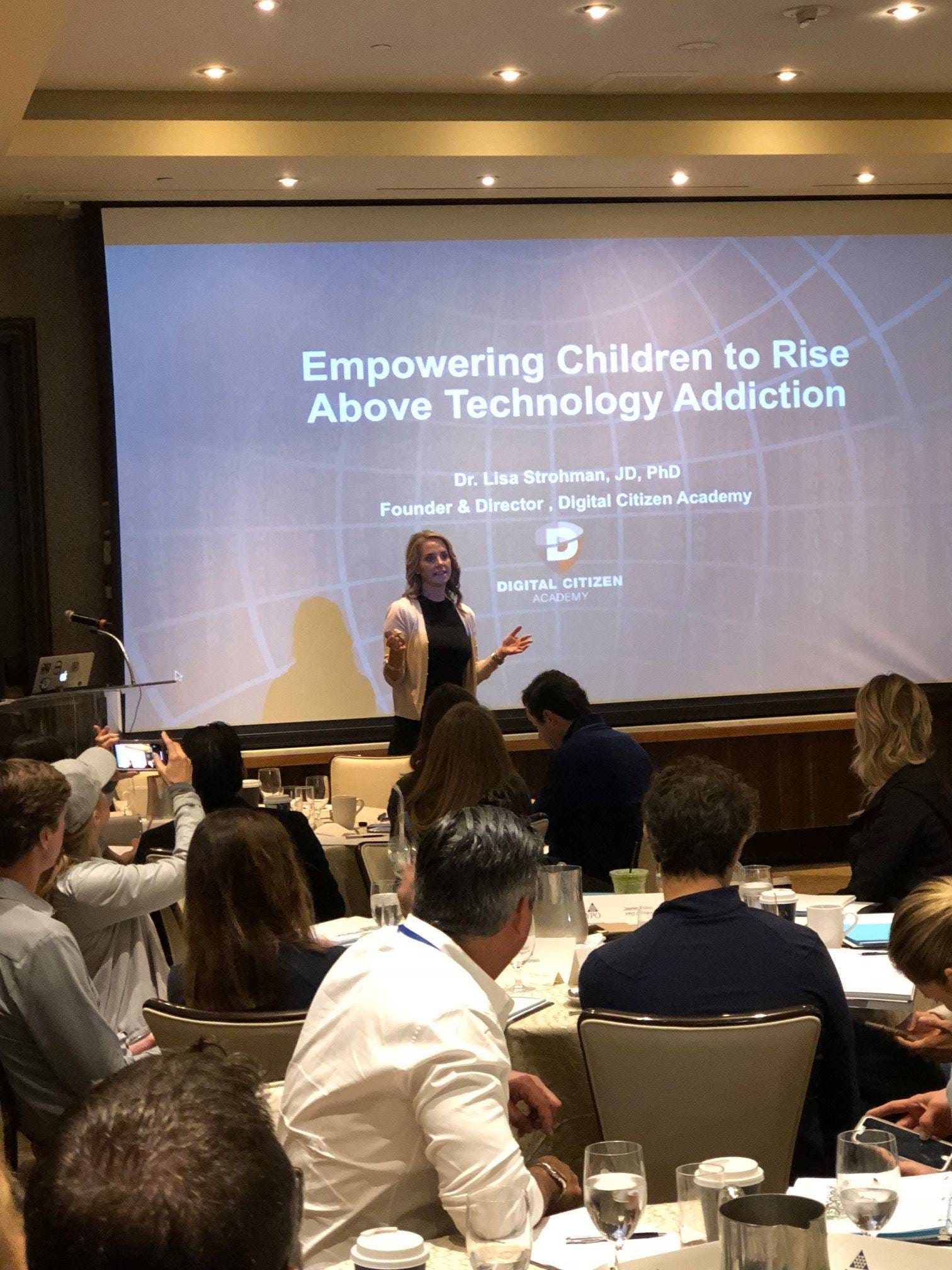
What are the 5 things you would tell your younger self who was just starting out on their writing journey?
1. Be less critical.
Working on a book that you hope will help provide guidance and support to those that are suffering is a big challenge and something I didn’t take lightly. The writing itself took an enormous amount of time due to the continual struggle to make sure it was “just right.” The critical tone of my own self talk was incredibly hard with hours of writing ending up in the trash can day after day. I would certainly talk to my younger self about making this less about critical review, and more about acceptance.
2. Take yourself less seriously.
I felt an enormous amount of pressure to write given my background with the FBI and Congress. Deference committed to be the individual these organizations offered. I wrote this first book constantly making sure that this would be a voice of an expert and really made a lot of concessions about sharing things that I would share much differently as a mom. I am writing more as a mother in my current book and it has been much easier.
3. Include life examples and real stories as much as possible.
In my first version, I was so careful to protect any version of connection to real world clients that I ended up erring on the side of caution and didn’t include enough “real life” examples for readers to connect with.
4. Spend more time with my family in between writing to reconnect and refocus with the end goal in mind.
Some writers I have looked up to write about taking yourself out of all distractions and focusing from beginning to end to get everything done. I started on this journey and realized very quickly that although this is helpful, it was certainly not something I would be proud of in 5–10 years when I looked back on missed concerts, athletics, and parts of my children that I would never get back. I would be more relaxed and more organized to do my writing within my life rather than step out of my life for that time.
5. My most important piece of advice would be to accept and love who I as an author without comparison.
I grew up in a very abusive and poor environment and books saved my life, quite literally. The reading that I did made me feel as though I wasn’t alone and that the characters in life that must be reflective of the author’s life or experiences enough to make me feel whole. I would encourage and challenge other authors to write with that level of acceptance that allows you to be vulnerable enough to allow the readers to feel you through the pages.
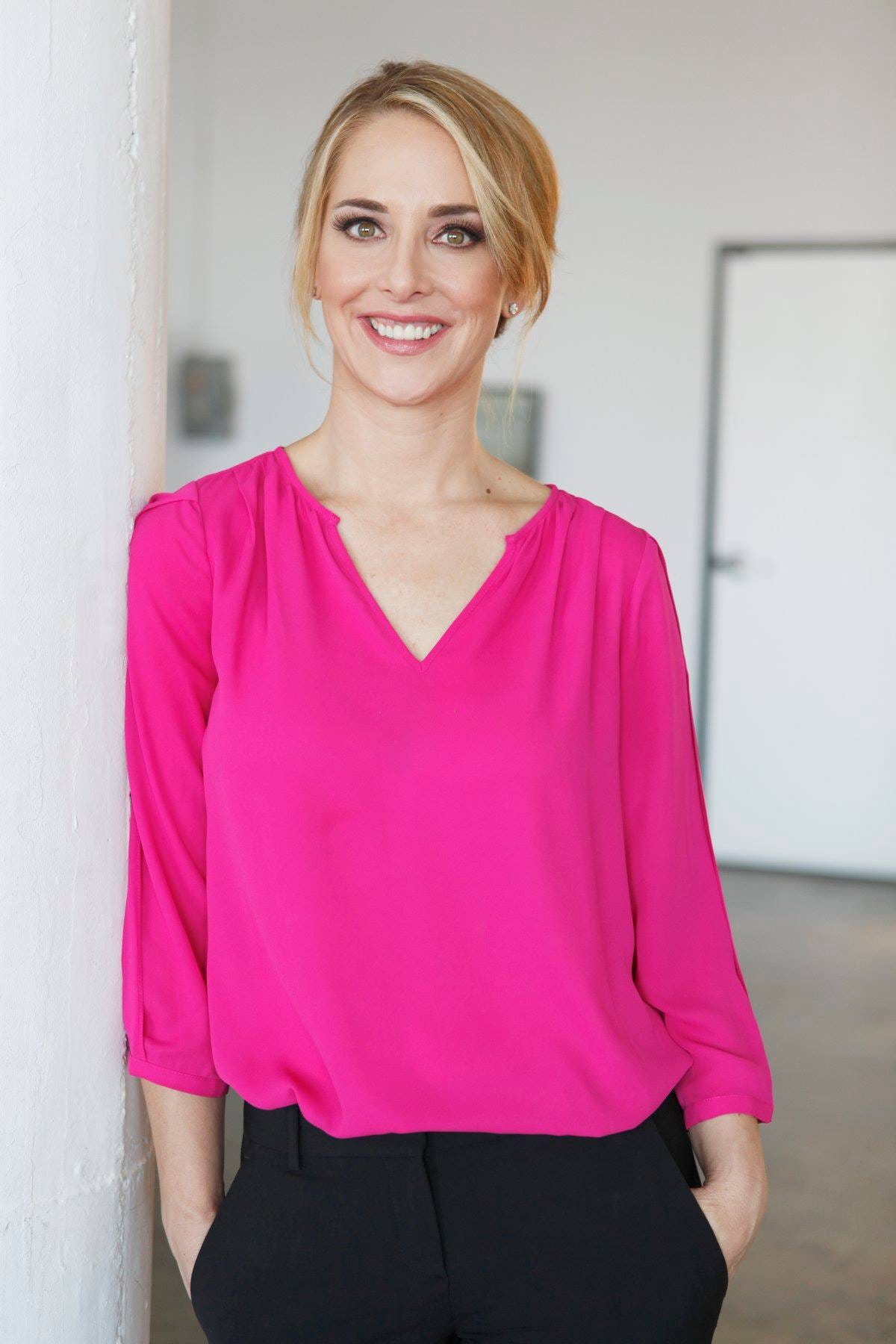
What are you most excited to work on next?
I am excited to transition my work and my experiences as a clinical psychologist and as a speaker into a platform that allows me to share more struggles with the successes that I have seen throughout my career. Working mostly on the issue in the first book, I am excited in the current book to be also able to share the successes and the inspiring stories of this generation and how they are taking back their future.
You are a person of great influence. If you could inspire a movement that would bring the most amount of good to the most amount of people, what would that be?
I would create a movement that encouraged people to love others more than their technology. The tech industry hires psychologists and behaviorists to create the most addictive technology platforms for a profit. They create a demand through the vulnerabilities that we have as humans through our pleasure reward system in the brain and capitalize off their ability to hijack it. We are paying typically between $500–1000 per device that provides companies with millions of dollars worth of data with no return of benefit to the user in the long term.
Loving yourself and your brain more than your technology would allow people to understand that what they are agreeing to in these apps and devices is a form of voluntary slavery to a system that is fundamentally unbalanced. If consumers stopped and took a look around at the people that surround them and took the time to invest the minutes, hours, days that they spend posting and reading on social media, their lives and emotional well-being would be so much richer. Love others more than your technology would be a call to action that I can only hope would remind people to see those that are right in front of them, not those that are miles away and connected through a platform. We have stopped paying attention to the people around us and it has caused the highest levels of depression and anxiety in history to ever be recorded. Love others before your technology because with that kind smile, that small touch or that hug, we could change the world around us.
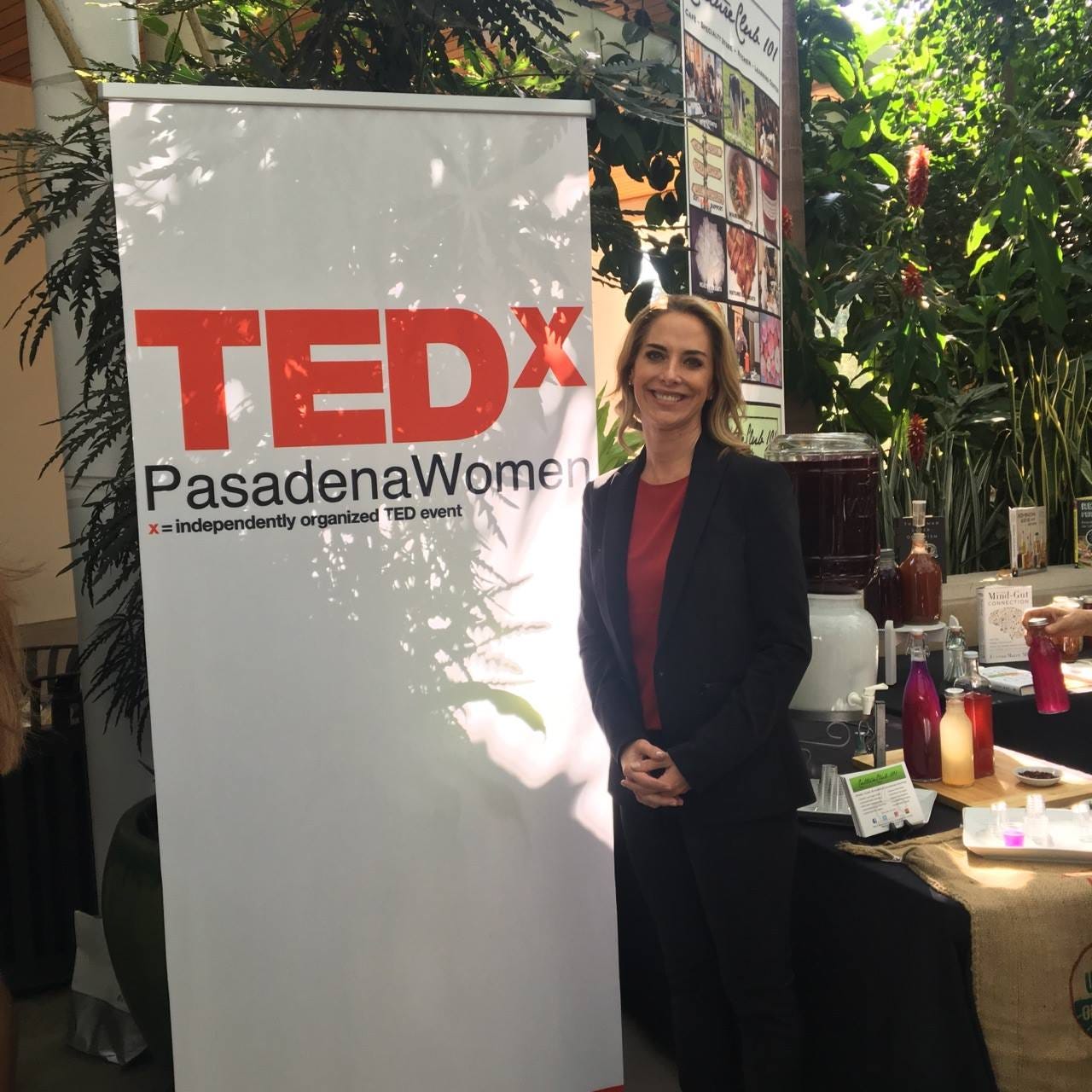
Anything else you’d like to add?
My time in the FBI as a profiling honors intern, then a subsequent visiting scholar provided me with insight that most in the world are not able to see. The level of evil and maliciousness that exists in the minds of few was terrifying and challenging. When social media was launched, during this time in the unit, I was on the front lines with the agents dealing with one of the nations most horrific school shootings of all time — Columbine.
What I saw with those two young men was a history of approximately one year of posting what they were going to do, their emotional breakdown and their level of contempt for others. This was only the beginning, as now for two decades I have been in briefings of internet crimes against children units as well as trainings on the Darknet. The level of evil that existed within a pocket of a community around one individual went global almost overnight. The number of sex trafficking rings, pedophile sharing sites, and hackers that track and extort individuals daily is unnerving. The public has been largely kept in the dark on these issues for fear of causing a level of panic that would be unmanageable.
As a clinician that has been dealing with the subsequent trauma of these ‘secret’ worlds on our children, I feel an immense amount of pressure, determination, and responsibility to share how we can help our families keep their children safe. There is not only a world of opportunity through technology, but there is an equal and arguably greater world of darkness. I have the faces of every victim I have known in my mind, like a slide show that you cannot stop it feeds me each day with inspiration and determination to save just one more, to educate just one more, to empower to just one more. The children inspire me to be better and give more every day.
Thank you so much for these great insights!

